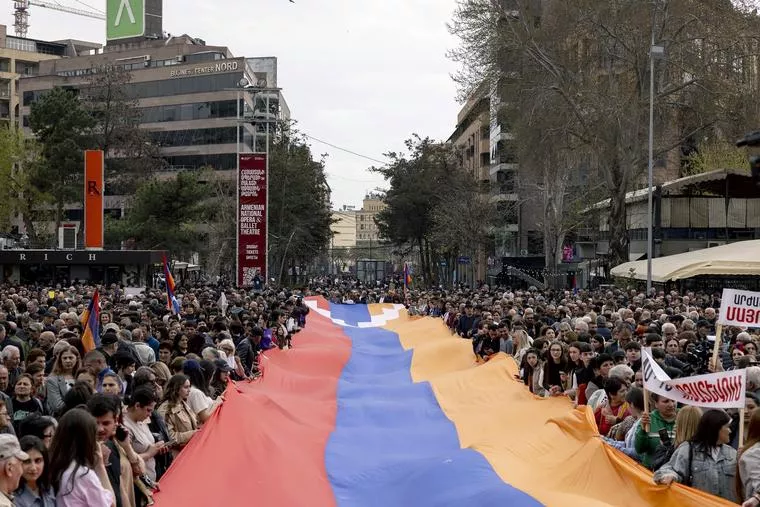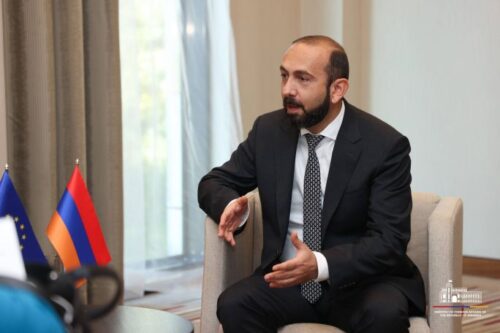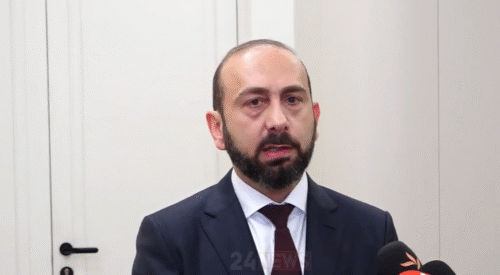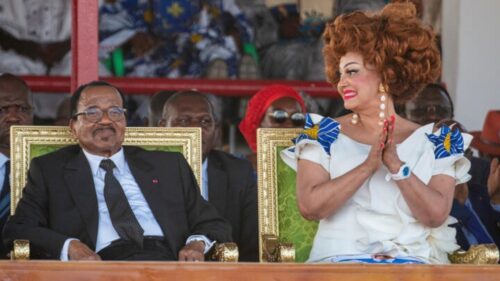
Peace under duress—Armenia facing a strategic trap, says National Catholic Register
Nearly two months after its announcement on March 13, a new peace agreement between Armenia and Azerbaijan continues to prompt enthusiastic reactions in several Western capitals. After four decades of war and diplomatic stalemate, many observers have welcomed what they see as a historic breakthrough. But critics argue that it is not a peace agreement between equals and that it may, in fact, seal Armenia’s long-term subjugation, National Catholic Register writes.
A professor at Schiller International University and member of the editorial board of the geopolitics magazine Conflits, Tigrane Yégavian noted that “what Azerbaijan wants is a humiliation peace that would entail a mere rewriting of history.” Yégavian added that conventional war is now being replaced by psychological warfare.
As noted, in 2020, Azerbaijan launched a full-scale offensive to retake control of the predominantly Armenian enclave, resulting in more than 7,000 deaths and the displacement of tens of thousands of Armenians. A fragile ceasefire brokered by Russia left a shattered Armenian population under siege. In September 2023, after a swift military offensive, Azerbaijan seized full control of the enclave, triggering the exodus of around 120,000 Armenians in less than a week — a mass displacement that many observers described as ethnic cleansing.
For Yégavian, the current negotiations are not born of goodwill or mutual compromise. “The Armenians have a knife to their throat,” he claimed. He described a process driven by asymmetry, in which the weaker side is forced to concede ever more while international actors applaud a fragile illusion of reconciliation.
The full text of the peace agreement has not been made public. However, details that have emerged through public statements mention Armenia’s renunciation of territorial claims, a ban on third-country forces along the Armenian-Azerbaijani border, and the dropping of war-crimes charges in international courts.
Among the most controversial conditions is Azerbaijan’s reported demand that Armenia amend its own constitution to erase references to Nagorno-Karabakh. Armenian Prime Minister Nikol Pashinyan has indicated he intends to comply — a move that has already sparked outrage within the country, particularly among the political opposition.
“That’s an unprecedented demand. No sovereign country has ever been asked to revise its fundamental law as a prerequisite for peace,” Yégavian commented. He sees it as a forced rewriting of national identity under duress.
The expert says the current agreement represents only the latest slice in a long-term strategy aimed at hollowing out Armenian sovereignty through incremental pressure, while exacerbating internal divisions along the way. In this downward spiral, Armenia — abandoned by Russia, its historic protector — finds little support from the West, which, Yégavian argues, bears part of the responsibility for the current situation.
“The EU turned a blind eye to ethnic cleansing in Nagorno-Karabakh because Azerbaijan is a key energy partner,” he said, referring to the fallout from the Russian-Ukrainian war and Europe’s urgent need to replace Russian gas supplies.
He also points to the support Azerbaijani receives from a powerful, coordinated “propaganda machine,” often described as a model of “caviar diplomacy.”
Meanwhile, Armenia — economically and diplomatically isolated — struggles to make its case heard on the international stage.
The wider geopolitical context, Yégavian stressed, cannot be overlooked.


